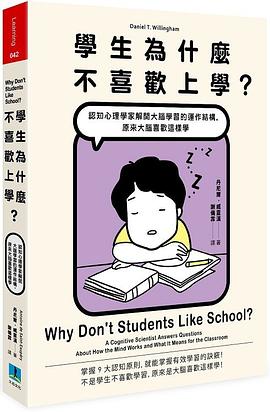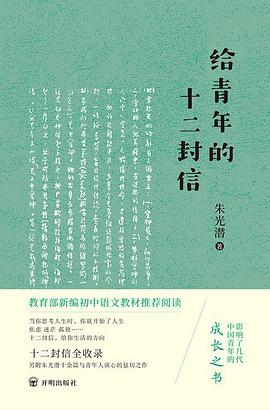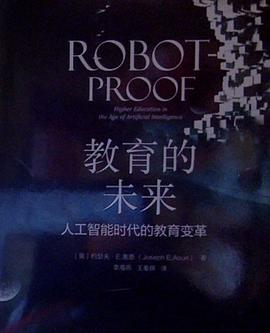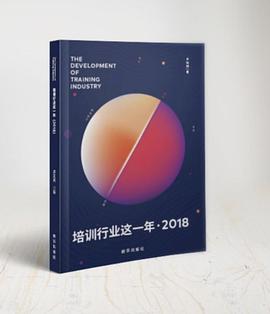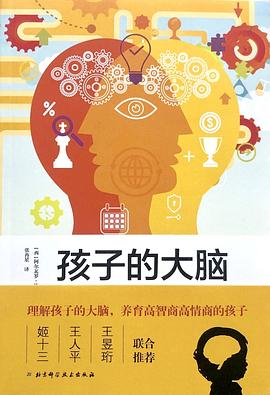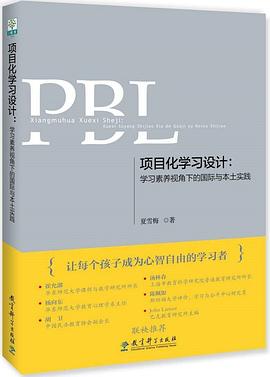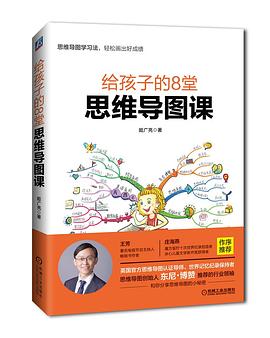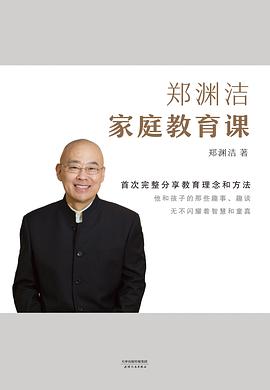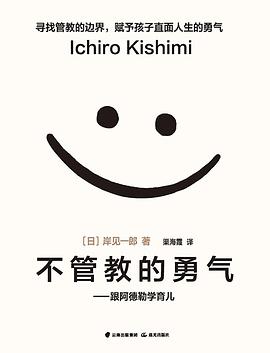

具体描述
An international and historical look at how parenting choices change in the face of economic inequality
Parents everywhere want their children to be happy and do well. Yet how parents seek to achieve this ambition varies enormously. For instance, American and Chinese parents are increasingly authoritative and authoritarian, whereas Scandinavian parents tend to be more permissive. Why? Love, Money, and Parenting investigates how economic forces and growing inequality shape how parents raise their children. From medieval times to the present, and from the United States, the United Kingdom, Germany, Italy, Spain, and Sweden to China and Japan, Matthias Doepke and Fabrizio Zilibotti look at how economic incentives and constraints--such as money, knowledge, and time--influence parenting practices and what is considered good parenting in different countries.
Through personal anecdotes and original research, Doepke and Zilibotti show that in countries with increasing economic inequality, such as the United States, parents push harder to ensure their children have a path to security and success. Economics has transformed the hands-off parenting of the 1960s and '70s into a frantic, overscheduled activity. Growing inequality has also resulted in an increasing "parenting gap" between richer and poorer families, raising the disturbing prospect of diminished social mobility and fewer opportunities for children from disadvantaged backgrounds. In nations with less economic inequality, such as Sweden, the stakes are less high, and social mobility is not under threat. Doepke and Zilibotti discuss how investments in early childhood development and the design of education systems factor into the parenting equation, and how economics can help shape policies that will contribute to the ideal of equal opportunity for all.
Love, Money, and Parenting presents an engrossing look at the economics of the family in the modern world.
用户评价
##Solid research
评分##经济学的视角梳理了育儿观念,生育意愿的历史变迁。这些看似主观的决定,也脱不了所处的时代背景。也不免让人好奇:作为个体,是顺应时代的大多数还是依从自己意愿对子女更好呢?
评分##经济学是一门解释人类行为的科学。育儿则是非常典型的一种人类行为,因此毫无疑问的,本书利用大量的数据和对比分析阐述了经济状况的变化对人们育儿的直接影响。最核心的观点是,收入平等差距越大的国家,父母们越倾向于采用专断或者权威型的育儿方式,相反越是收入差距不大的地方——最典型是北欧国家,父母往往喜欢采取“放养型”的育儿策略。这一点非常容易理解,但更重要的是作者用数据说明了这个因素是影响父母育儿策略最重要的因素。本书给读者带来的另外一个重大意义是反思自己采取的育儿策略,在多大程度上收到了经济层面不平等程度的影响,而当前采取的育儿策略对孩子而非家长而言,是否是最优的选择? 另外赞一下本书的写作风格,基本没有偏词怪词,行文极其流畅,实乃英语听力输入的绝佳选择。
评分随便看看吧。主要就是说,由于各国的经济政策这些年的变化,以及贫富差距加大,世界范围内,家长管的都越来越加强孩子的教育。intensive和permissive parenting各有利弊,每家对hardworking,independence,creativity的看重程度不同而已哈。 看完后个人认为既然孩子在中国,还是萝卜加大棒都要有,模仿瑞典芬兰的permissive parenting不具备人家的社会背景,tiger mom式教育挺符合我国国情的。
评分##学霸爹的育儿研究报告,蛮值得一读。
评分##经济学是一门解释人类行为的科学。育儿则是非常典型的一种人类行为,因此毫无疑问的,本书利用大量的数据和对比分析阐述了经济状况的变化对人们育儿的直接影响。最核心的观点是,收入平等差距越大的国家,父母们越倾向于采用专断或者权威型的育儿方式,相反越是收入差距不大的地方——最典型是北欧国家,父母往往喜欢采取“放养型”的育儿策略。这一点非常容易理解,但更重要的是作者用数据说明了这个因素是影响父母育儿策略最重要的因素。本书给读者带来的另外一个重大意义是反思自己采取的育儿策略,在多大程度上收到了经济层面不平等程度的影响,而当前采取的育儿策略对孩子而非家长而言,是否是最优的选择? 另外赞一下本书的写作风格,基本没有偏词怪词,行文极其流畅,实乃英语听力输入的绝佳选择。
评分##非常enlightening , 用经济学角度从纵向(历史)和横向(各国)两个维度分析养育方式背后的经济动力。也有涉及性别,宗教,文化等影响因素。近些年流行向别国养娃,教育方式取经,法国妈妈育儿,芬兰教育等等都很流行,但某国在某个时期的育儿主流方式是从其社会政治文化土壤中长出来的,无法平移,甚至不能简单说更好。只有当孩子,家长,社会的发展方向都往一个方向,才会不拧巴,比如芬兰。而很多国家家长的选择在社会和孩子之间拉扯,既要以当下社会为参照系谋求孩子过上好日子, 也想顺应孩子的自然发展,这就很拉扯了。最后,中美在养育方式和很多社会特征上,相似远大过差异,别闹了真是。
评分##鸡娃的出现是因为教育回报率过高... which may be the result of rising inequality,不拿高学历找不到好工作,高学历和低学历之间的工资差距太大辽... makes sense,北欧不鸡,美国有一丢丢鸡,中国很鸡娃(海淀娃首当其冲) 所以又一次经济学帝国主义...现有的教育方式在经济上可能是(符合国情的)内生出来的最优解... 全文比较好玩儿的也就是前面的描述性分析...实际上没啥识别(identification)
评分##经济、政策、历史、宗教、父母受教育程度、阶级流动难易、教育投资回报率…不同程度地影响父母在专断、权威、放任型教育中抉择。中国虎妈密集型教育(较高的投资回报率,良好的教育很大程度上保障了名牌学校好的工作);荷兰的儿童拥有最幸福的童年(12岁前考试竞争压力)得益于教育资源均衡;瑞士等发达国家对于小孩的教养更放任些;但芬兰放任型的教育理念并不影响孩子在PISA中获得较好的成绩,他们更看重小孩的创造性;大多数东亚国家父母传递勤奋(尤其中国90%),独立的价值(欧洲国家也是);阶级对下一代的教育传递出截然不同的价值观,中产阶级传递职业道德和勤奋,上层/贵族传递优雅从容,花更多的时间和金钱培养学习高雅的兴趣,积极参与上流的社交,锁定阶层特权。(一组数据挺震惊的河南考生清华录取率是北京的1/300????)
相关图书
本站所有内容均为互联网搜索引擎提供的公开搜索信息,本站不存储任何数据与内容,任何内容与数据均与本站无关,如有需要请联系相关搜索引擎包括但不限于百度,google,bing,sogou 等,本站所有链接都为正版商品购买链接。
© 2026 windowsfront.com All Rights Reserved. 静流书站 版权所有



